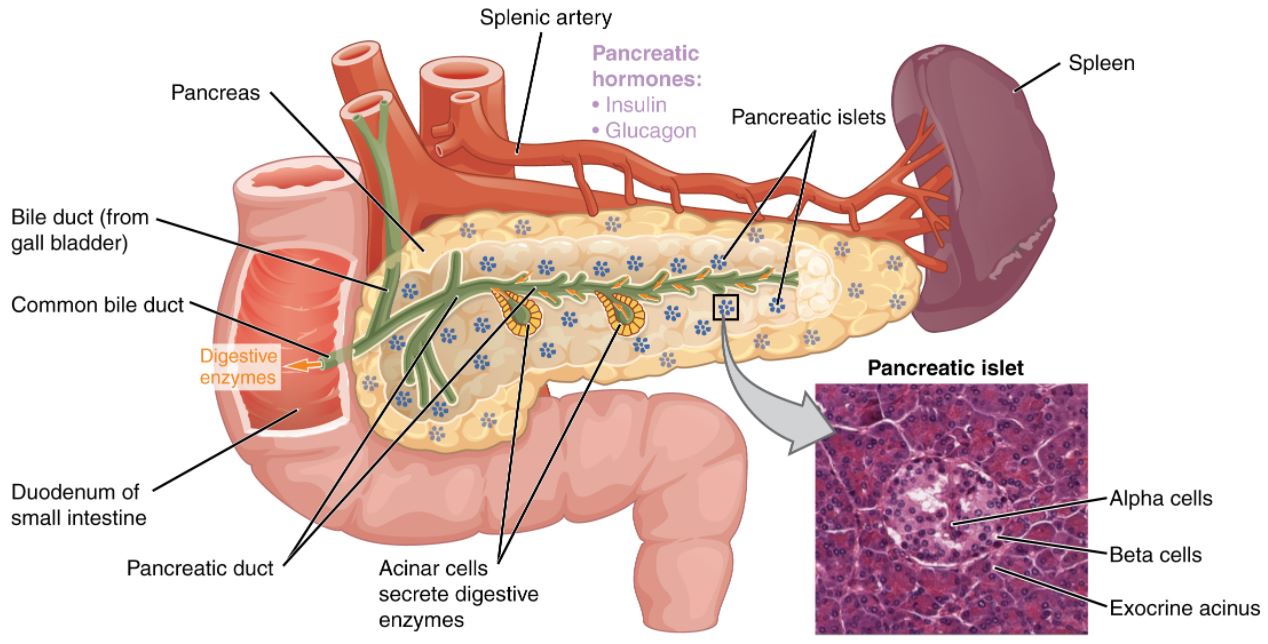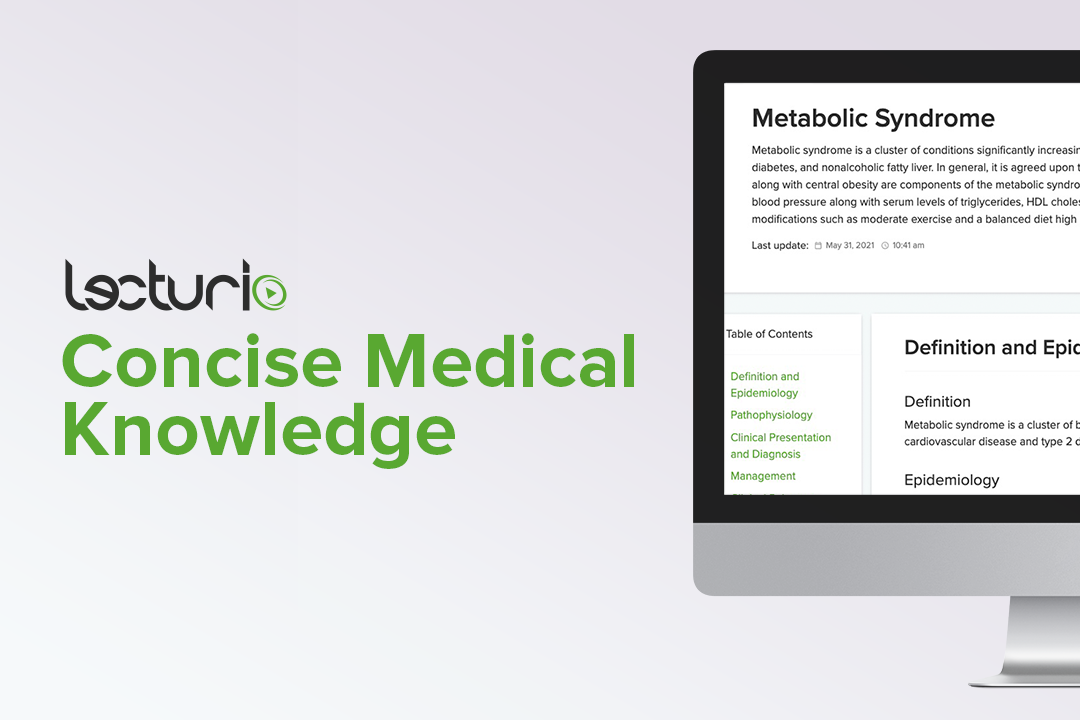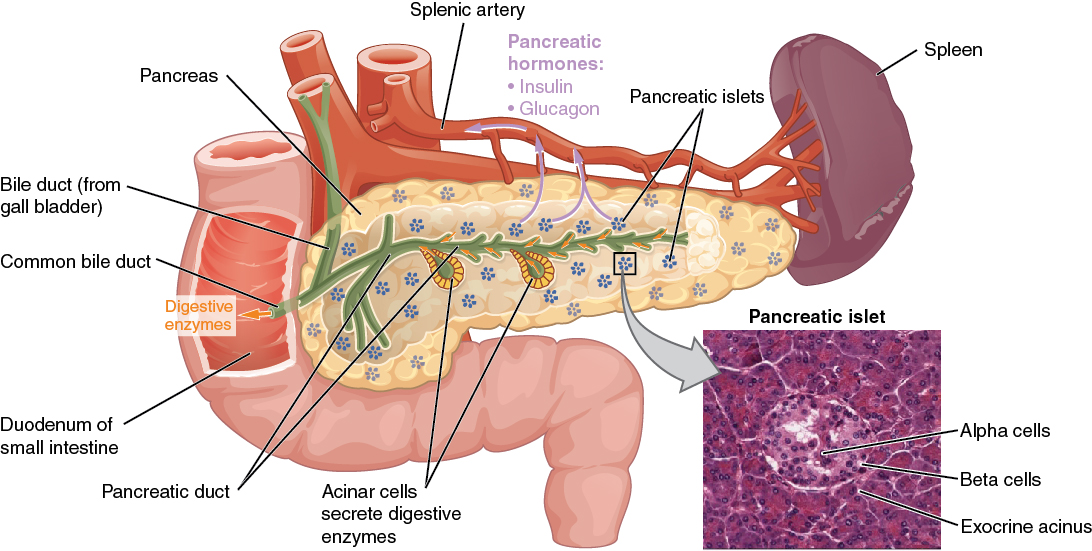Playlist
Show Playlist
Hide Playlist
Diabetes Mellitus: Screening Guidelines with Case
-
Slides Diabetes ChronicCare.pdf
-
Download Lecture Overview
00:01 Diabetes mellitus is the most common diagnosis in my practice. 00:05 So, I feel like I know it really well and I think I’ve got some good information to give you, particularly regarding diagnosis and management. 00:13 So, let’s get underway. 00:15 So, I've got a patient who is six years old. 00:19 He's got hyperlipidemia and obesity. 00:21 A recent routine lab analysis found that his serum glucose level was 146 mg/dL. 00:29 He’s asymptomatic at this time. 00:32 What’s the next best step in his care? Should we talk about lifestyle changes and recheck his glucose, along with a hemoglobin A1c level in the next several weeks? Should we start metformin now or sulfonylurea or dipeptidyl peptidase-4 inhibitor? What do you think? Given his lack of symptoms and that glucose level, we are mandated to recheck his glucose level. 00:57 And I would check an A1c too because, with his risk factors, sounds like he probably has diabetes. 01:02 Of course, you’re going to advise him on lifestyle changes now, and so that makes sense. 01:06 He does not have -- meet the formal criteria for diabetes as of yet, but many people do. 01:14 Overall, there are now more than 20 million Americans with Type II diabetes and this number is expected to more than double within the next 20 years or so. 01:26 So, should we be screening for diabetes? Well, this is what the United States Preventive Services Task Force, or USPSTF, says. 01:34 Among adults aged 35 to 70 years, which is kind of the sweet spot for identifying diabetes, check for either glucose or A1c, either one is a valid measure, among patients who are obese and among those with a family history of diabetes, high risk racial or ethnic groups, which include Latinos and African-Americans. 01:55 And if the patient has a history of gestational diabetes or polycystic ovary syndrome, those patients get screened too. 02:01 Lots of people meet the screening criteria. 02:04 You can apply that fairly broadly across a population.
About the Lecture
The lecture Diabetes Mellitus: Screening Guidelines with Case by Charles Vega, MD is from the course Chronic Care.
Included Quiz Questions
Which of the following are preferred screening tests for type 2 diabetes in the general population?
- Fasting plasma glucose, glycated hemoglobin
- Glycated hemoglobin, 50 gram 1-hour glucose screen
- Fasting plasma glucose, 100 gram three-hour oral glucose tolerance test
- 50 gram 1-hour glucose screen, fasting plasma glucose
- 100 gram three-hour oral glucose tolerance test, glycated hemoglobin
Which of the following patients is LEAST likely to benefit from screening for diabetes mellitus?
- A healthy 72-year-old woman with a normal weight
- A 56-year-old obese man
- A hypertensive 56-year-old woman
- A 42-year-old man with a BMI of 25 kg/m2
- A healthy 62-year-old woman with hyperlipidemia
Customer reviews
5,0 of 5 stars
| 5 Stars |
|
5 |
| 4 Stars |
|
0 |
| 3 Stars |
|
0 |
| 2 Stars |
|
0 |
| 1 Star |
|
0 |








